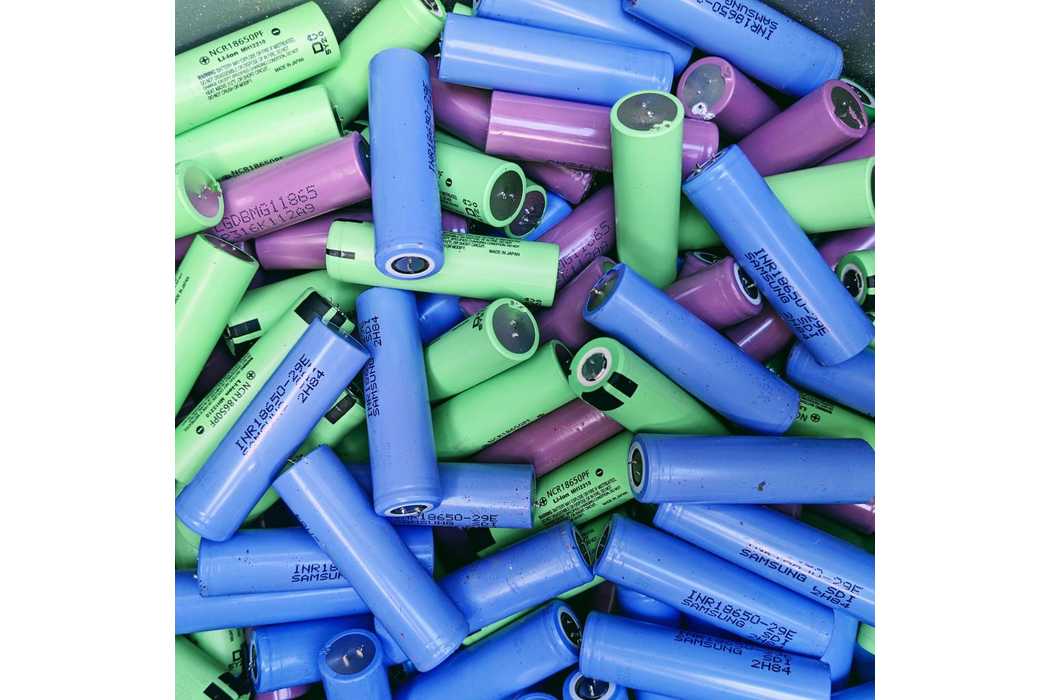The federal government and the EU should work to establish a European recycling system for vehicle traction batteries. This is advocated by the think tank Agora Verkehrswende and the GRS Batterien Foundation on the basis of a study by the Oeko-Institut. According to the study, demand for traction batteries in the EU is expected to be about six times higher over the next ten years (1,200 gigawatt-hours per year). This will further intensify global competition for battery raw materials such as lithium, nickel, cobalt and graphite. By 2040, recycling could cover just under 25 percent of the lithium demand in the European automotive sector from end-of-life batteries; for nickel, up to 50 percent would be possible, and for cobalt more than 60 percent.
„The traction battery is the heart of the electromobility value chain. It is becoming increasingly important to recycle battery raw materials. Recycling strengthens the competitiveness of the German automotive industry, the independence of the European market, and climate protection in road transport. For traction batteries, recycling is therefore not only a task for waste and environmental policy, but also serves the strategic raw-material supply of industry and business,“ explained Christian Hochfeld, director of Agora Verkehrswende.
The EU has already launched important initiatives to strengthen the development of a European battery and recycling industry and to close gaps in Europe’s raw material supply, for example through recycling targets for batteries placed on the market in Europe (Battery Regulation), targets for the supply of critical raw materials (Critical Raw Materials Act) and the industrial strategy for the automotive sector. However, in Agora Verkehrswende’s view, further steps must follow, ranging from support for pilot projects and the harmonization of legal frameworks within Europe to monitoring of material flows.
Overview of European value chains
The study was scientifically supervised and published by Agora Verkehrswende, prepared by the Oeko-Institut and funded by the GRS Batterien Foundation. Specialist workshops also gathered assessments from experts from the relevant industries. The study provides an overview of European value chains for lithium-ion batteries and calculates various scenarios for the development of battery chemistries, as well as the resulting demand for the battery raw materials lithium, nickel, cobalt and graphite. It also analyzes the advantages and disadvantages of different business models for recycling lithium-ion batteries in the EU.
